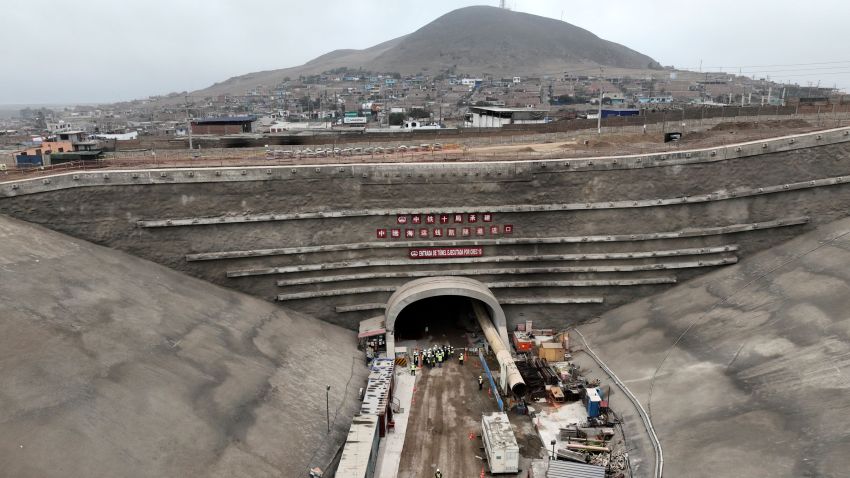With concerns about Beijing’s growing influence in Latin America near the top of Washington’s regional agenda, a few Chinese projects in particular have rankled U.S. officials over the years. Recent news about potential setbacks for two of those projects—a space-monitoring station in Argentina and a megaport in Peru—are likely music to U.S. policymakers’ ears. But they may also point to the quiet diplomacy of the administration of U.S. President Joe Biden paying off in key areas of concern.
How Beijing reacts to these setbacks will shape its future relations with Latin America. If it responds with grace and transparency, regional governments will likely appreciate China’s diplomacy, leading relations to improve across the board. If it responds with demands and pressure, Latin America will see China as a new imperialist actor trying to exert its will over the region’s sovereignty.
As reported recently by Bloomberg, Argentine President Javier Milei has shifted his approach to relations with China in order to find a better balance that supports the country’s economy. This is surprising, as Milei isn’t exactly known for his pragmatism. Throughout last year’s presidential campaign, Milei railed against China’s communist dictatorship and hinted at adopting a trade policy and diplomatic posture that would reject relations with any nominally communist government, including China’s.

